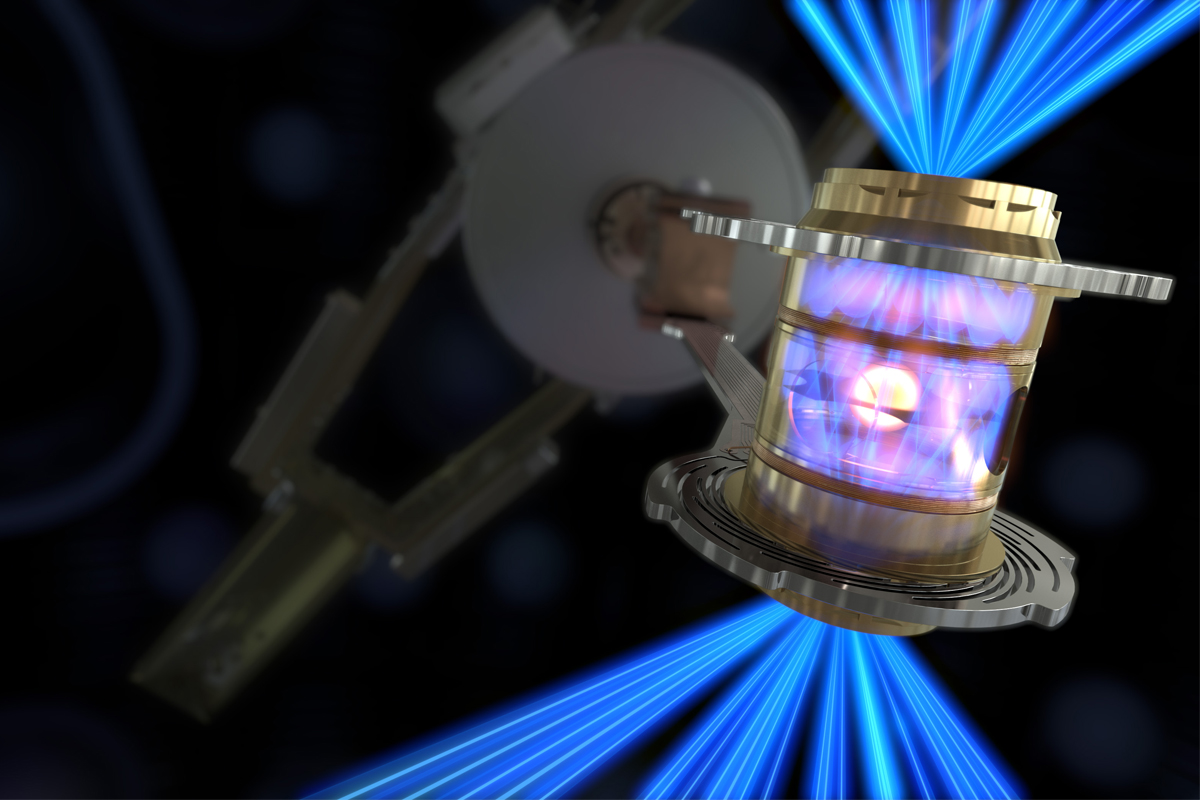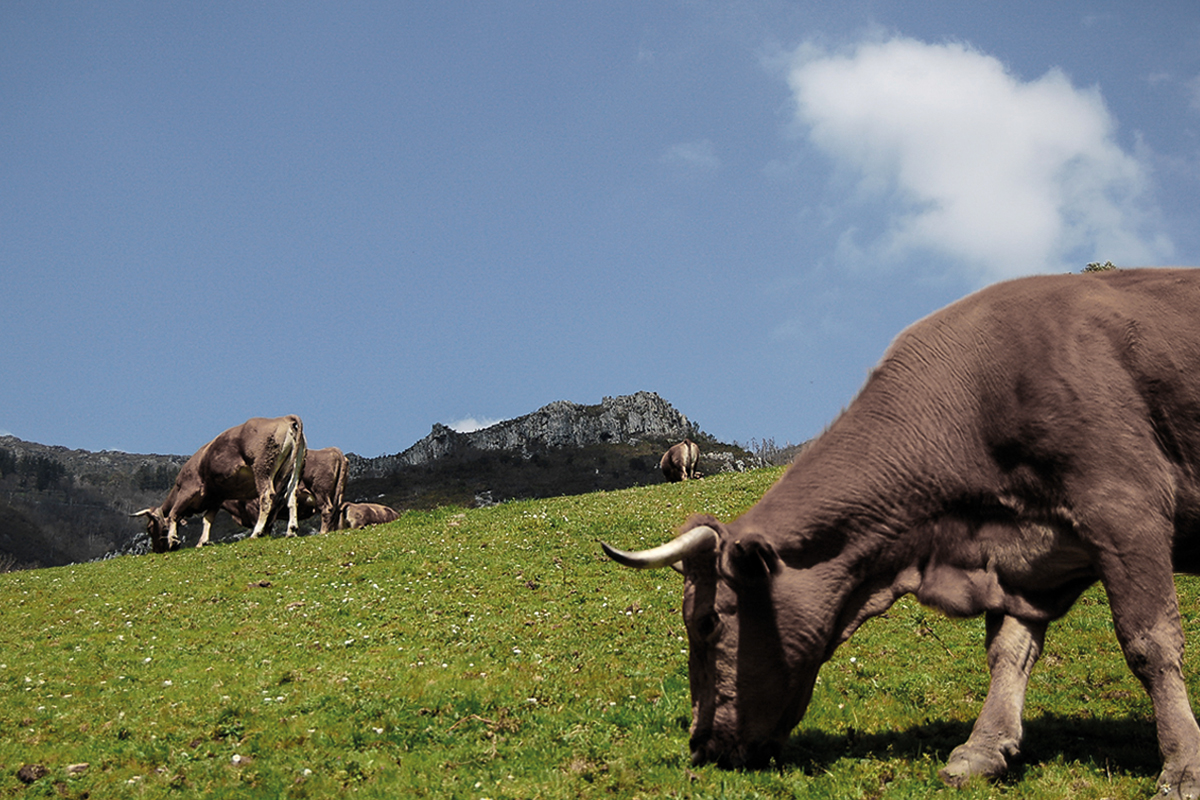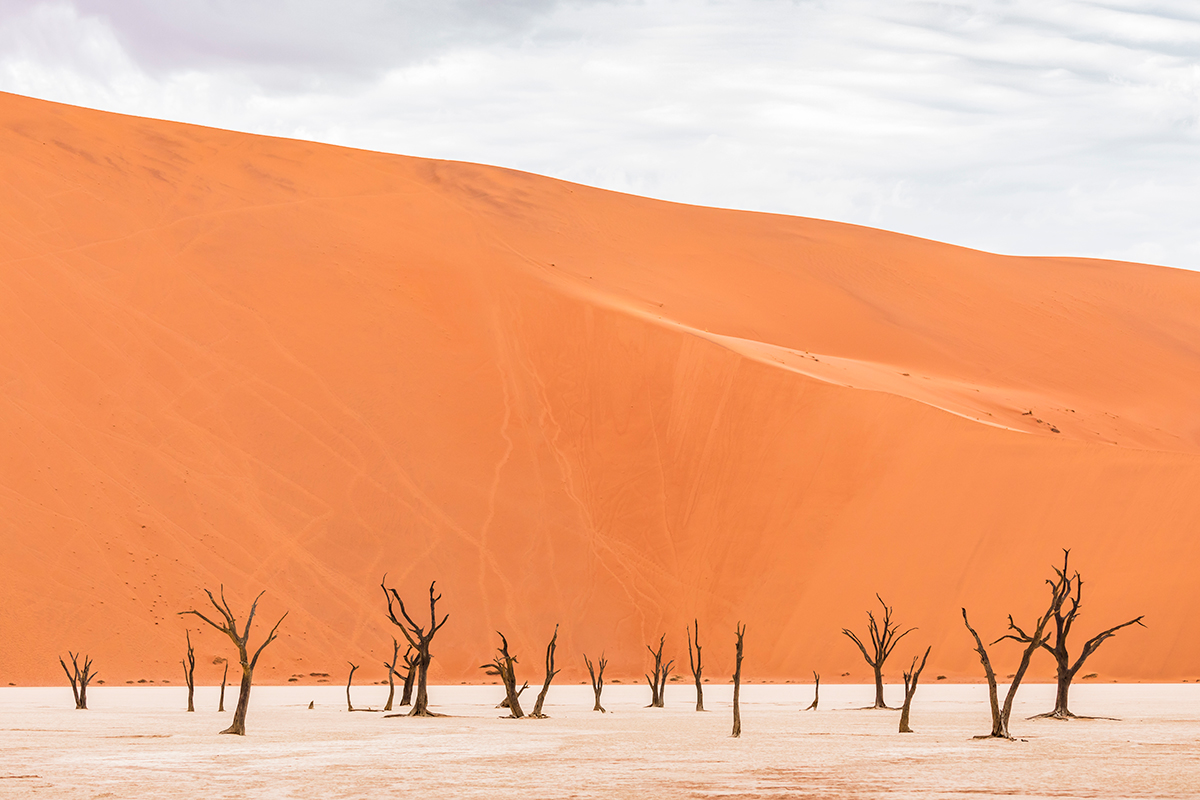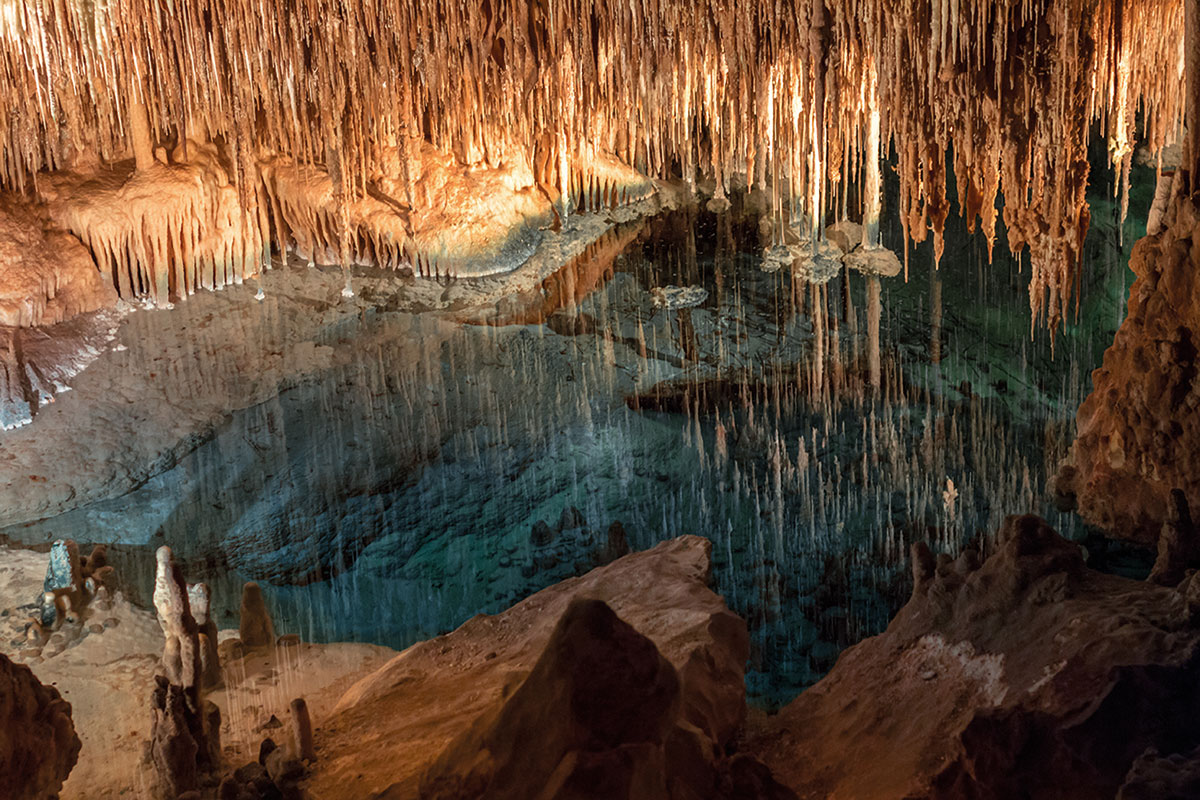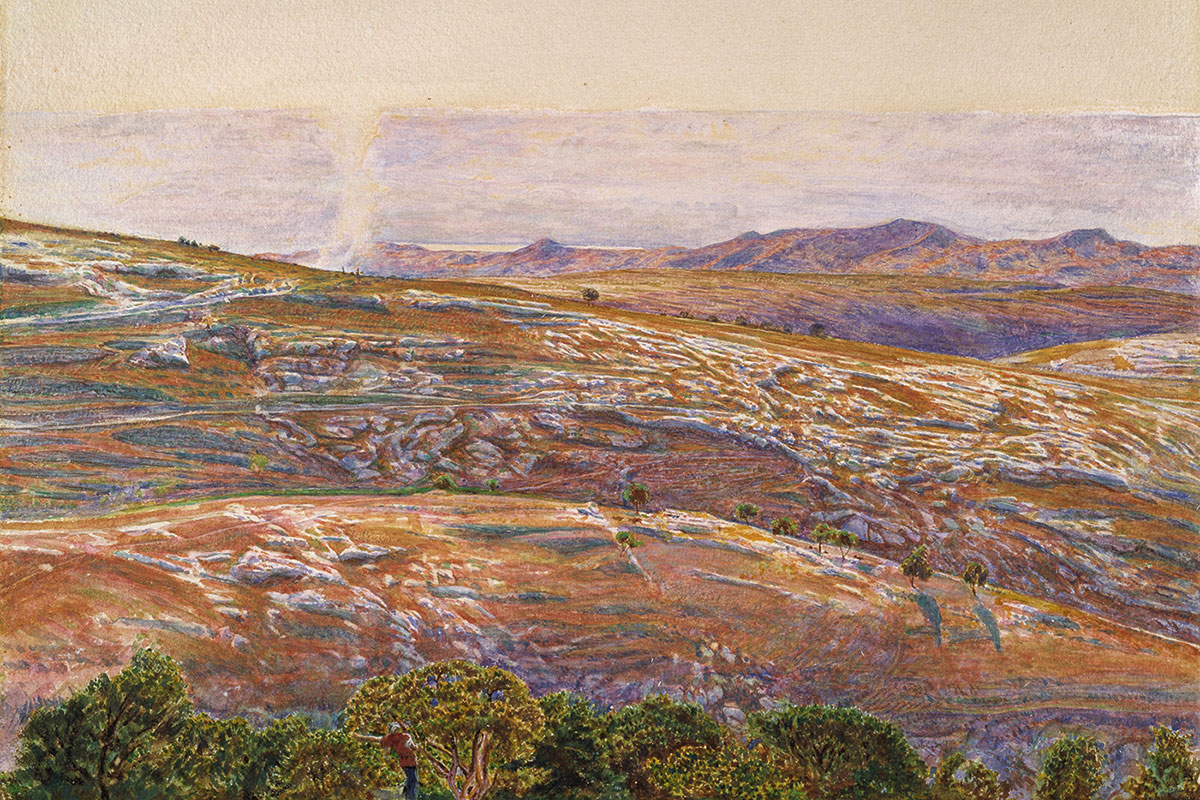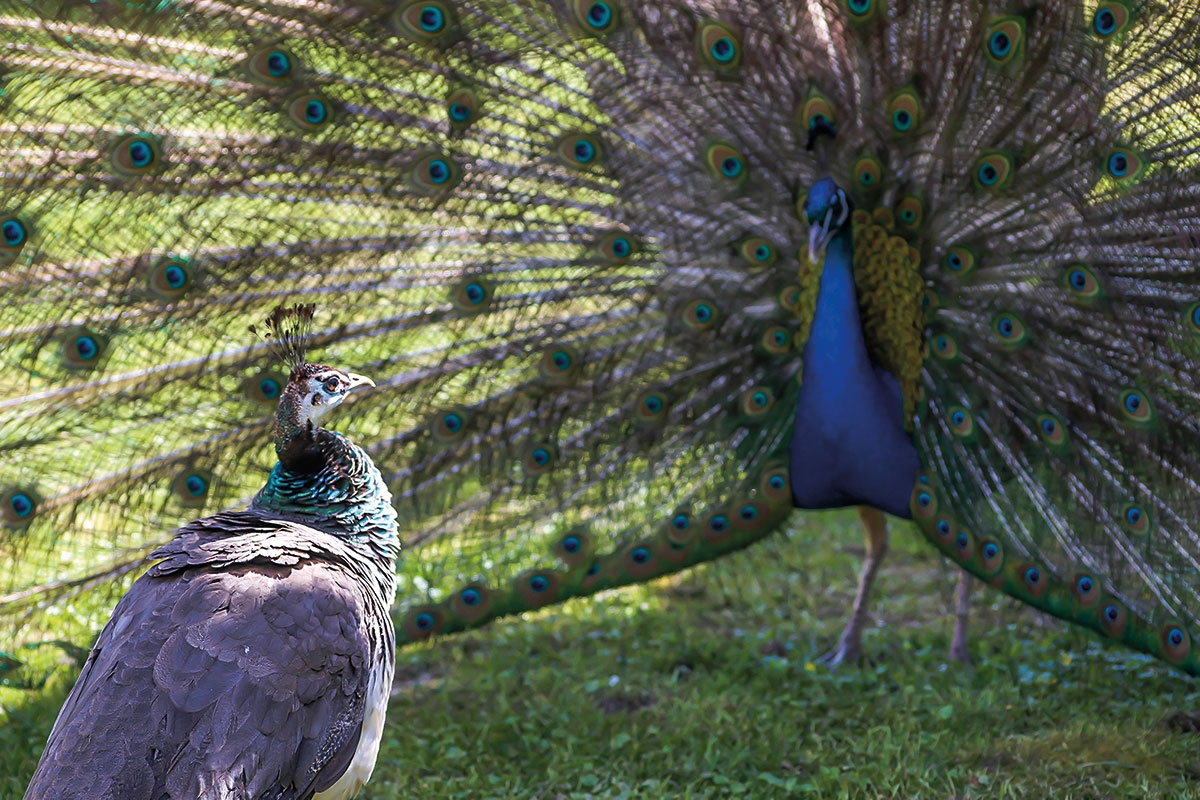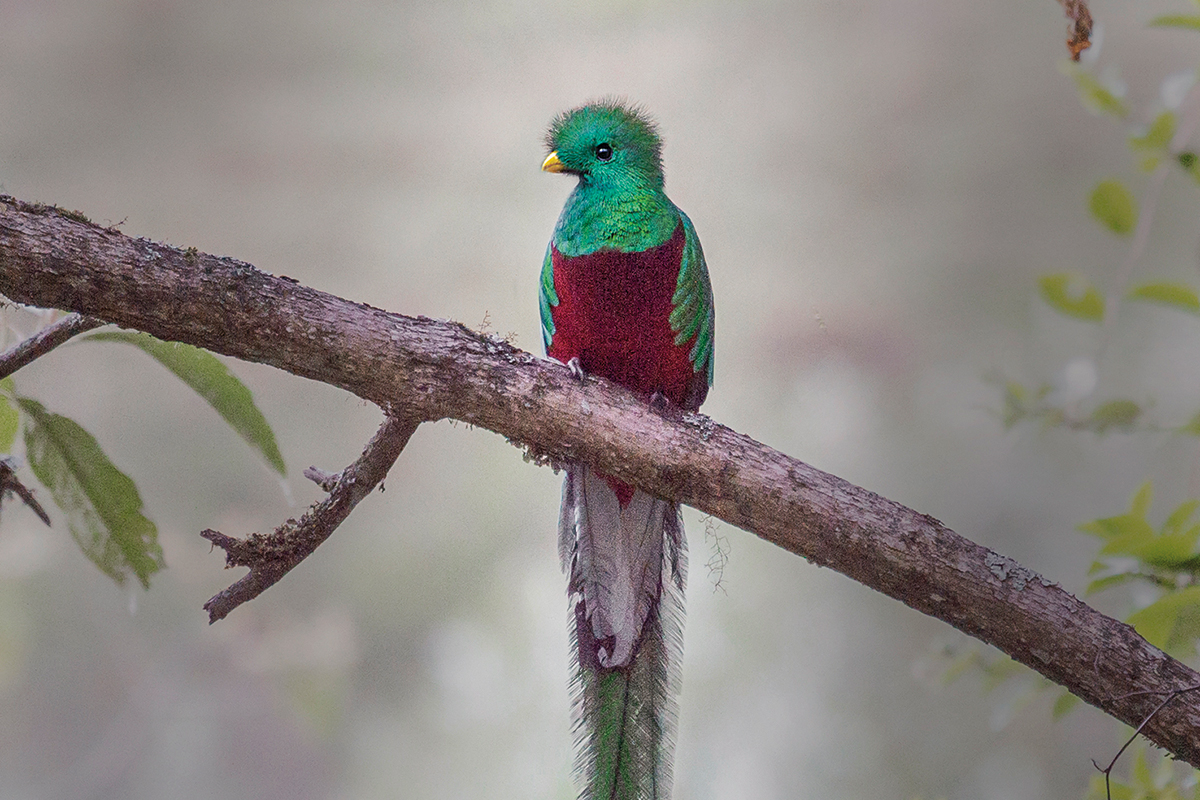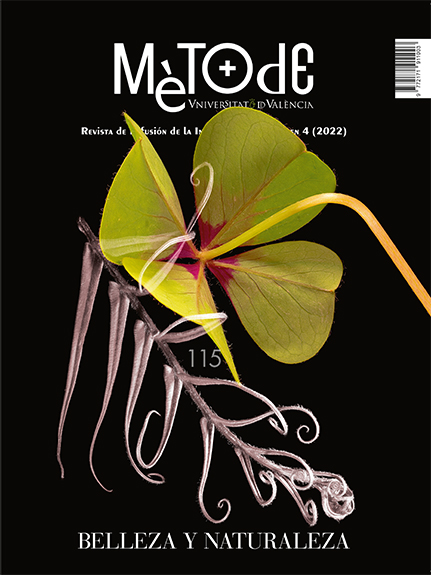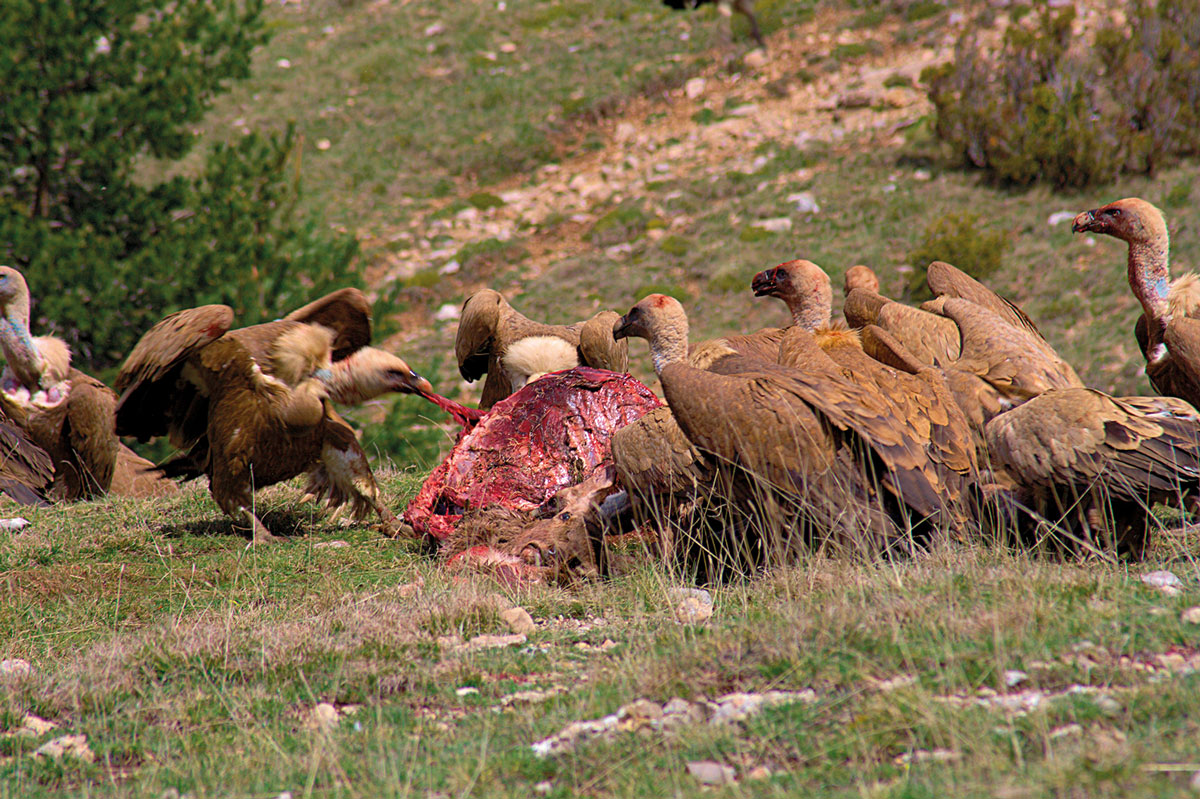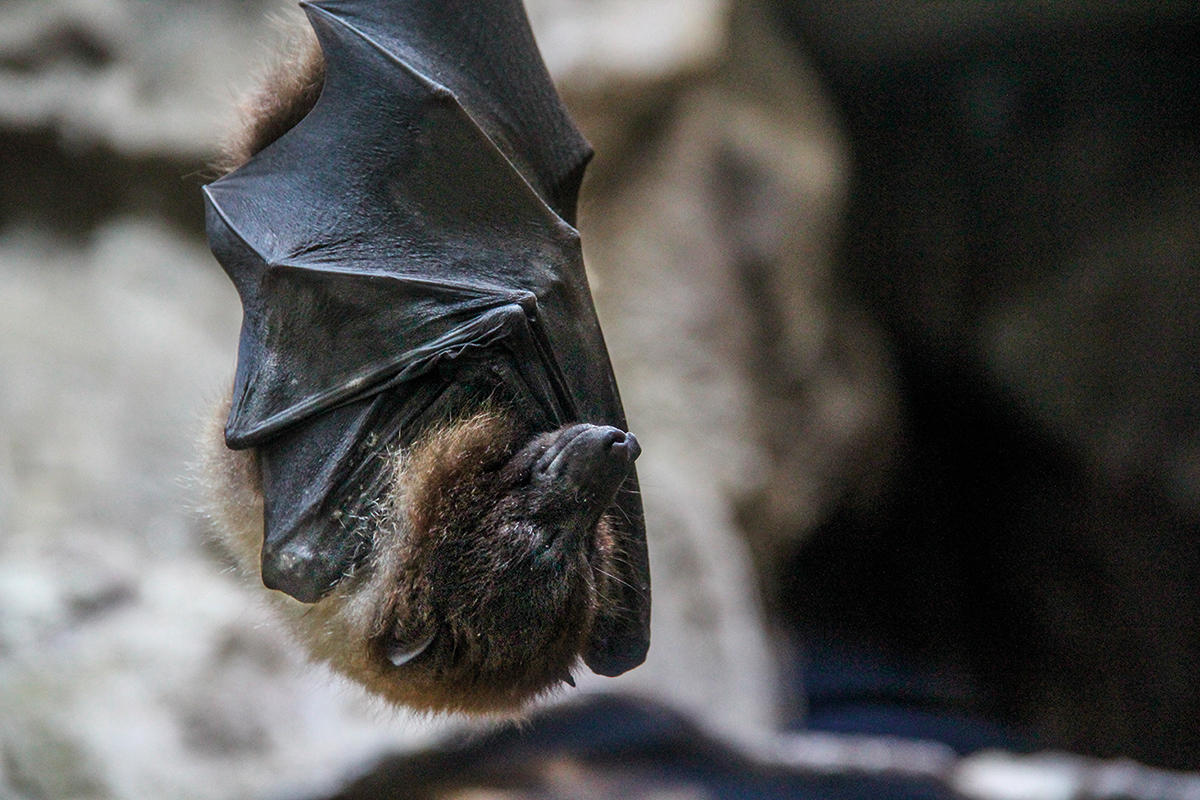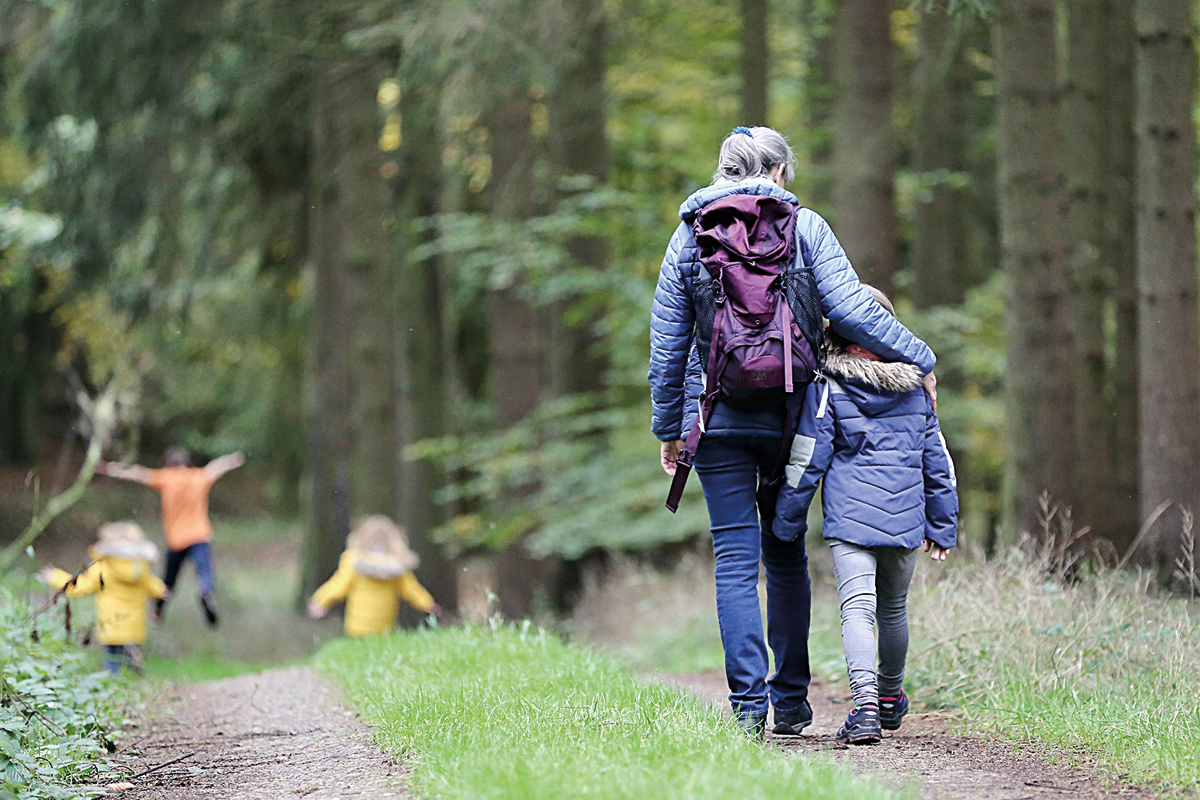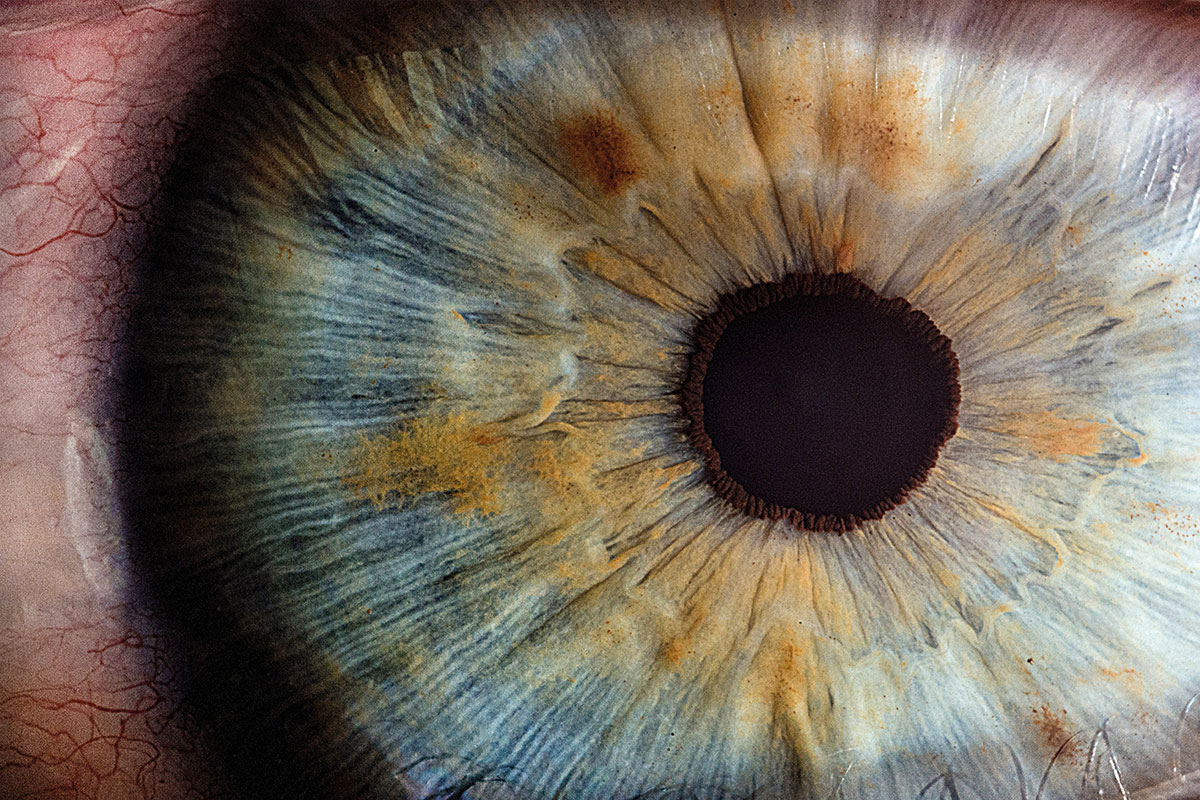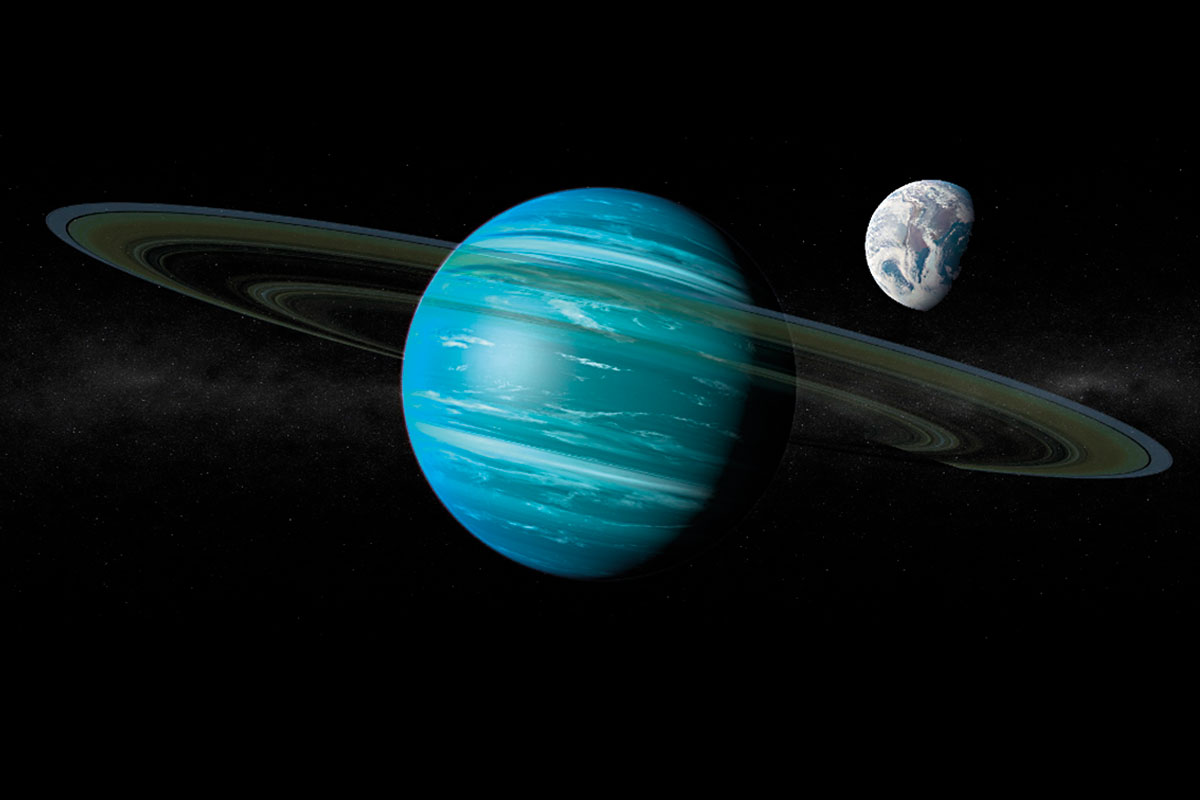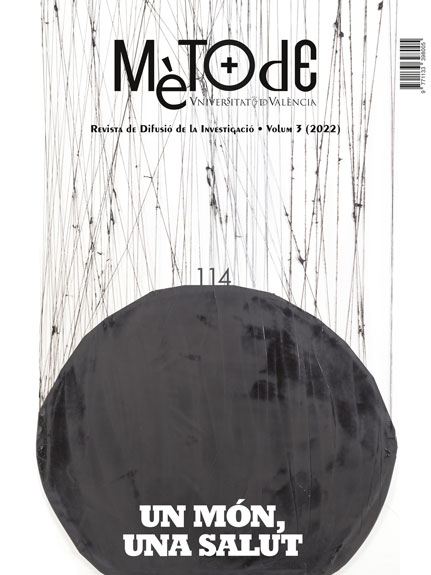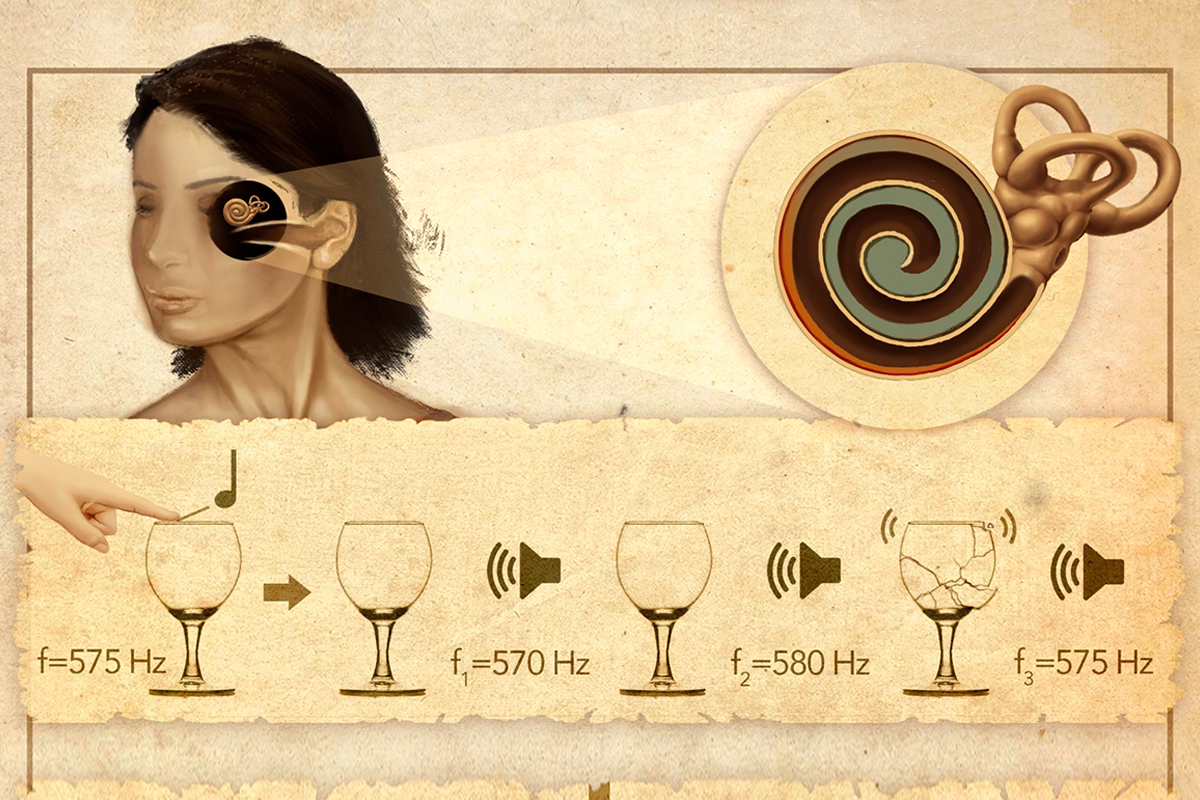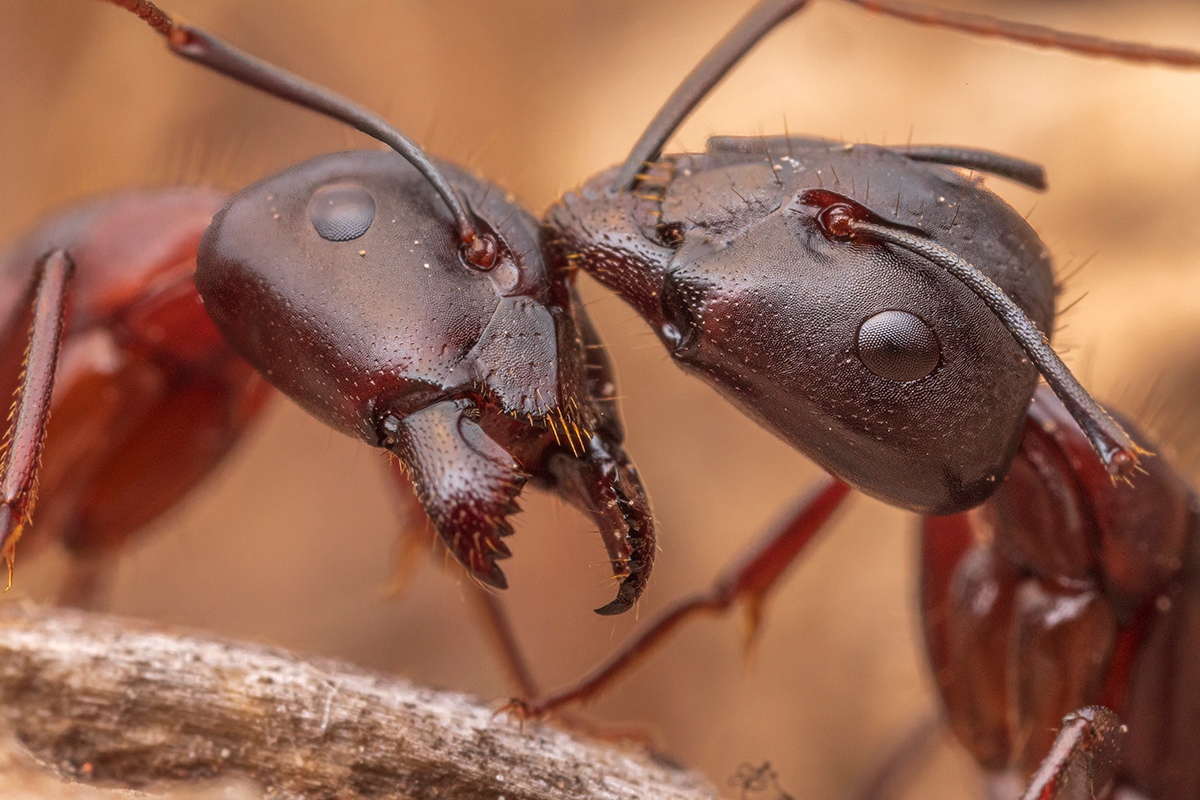Search
Nuclear fusion energy has great advantages. The latest discoveries in this field made by the National Ignition Facility in the United States have great scientific significance.
The process that takes place when we cook on a barbecue is very similar to the one that occurs in our organism when we eat and digest food.
«We can learn from biology that it can be very important to tolerate mistakes»
Interview with Andreas Wagner
We talk to evolutionary biologist Andreas Wagner, a reference in the study of evolutionary innovations.
Every species' mate choice is determined by what individuals consider beautiful. Beauty has a biological meaning shared by many species.
Throughout evolution, sexually reproducing animals have used the process of beauty recognition to maximise their attractiveness to the opposite sex.
The debate about the perception of beauty by non-human animals has no simple answer. This article analyses the relationship between natural selection and aesthetic criteria.
In a world where it seems best to go unnoticed, many creatures display their beauty in plain sight. We could even say that we are surrounded by beauty. A diverse
Wild animals can be environmental watchdogs that inform us about antimicrobial resistance.
Much of the plastic debris fractures into micro- or nanoparticles called microplastics that can be ingested by marine organisms.
The emergence of new zoonotic diseases reminds us that humans, animals, and the environment are interconnected.
The next time you find yourself near a barbecue, try to pay attention to what you see. It is a fascinating scientific process.
Contact with nature generates measurable benefits for people’s psychological and physiological health.
Communication research can reinforce vaccination uptake, a key public health tool, as seen during the COVID-19 pandemic.
This article proposes an effort to make the most of the potential of social sciences and thus reimagine the concept of One Health.
Although a One Health perspective has, in one way or another, been around at least since the time of Hippocrates, the term itself was coined by William Karesh in a
In resonance, the force transmitted to the object may be relatively small, but when it is transmitted with the right frequency, it oscillates with great amplitude.
Ants are as common as they are special. They can be found in nearly every corner of the Earth, and their ability to organise themselves is remarkable.

